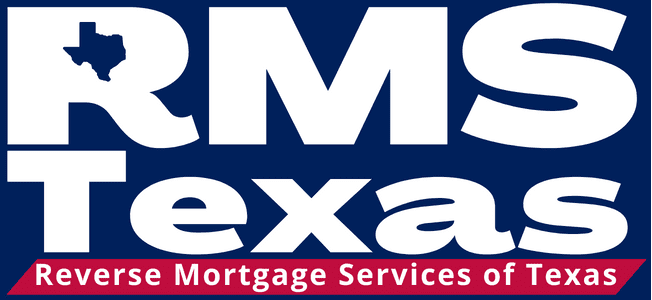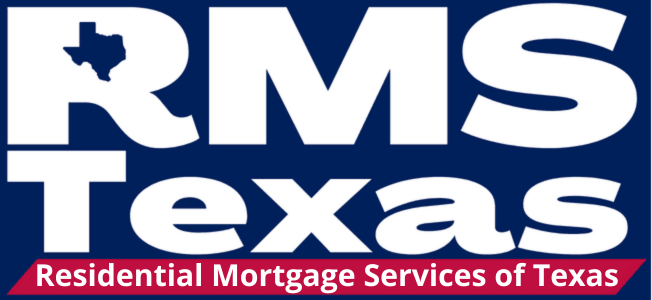What is a Reverse Mortgage?
A reverse mortgage is a loan designed for homeowners who are 62 years or older, enabling them to convert their home equity into cash. This allows them to remain in their home without the need to sell it or make any monthly payments towards the loan.
Repayment of the loan is not required until the homeowner either relocates, passes away, or decides to sell the property. At this time, the loan is settled using the proceeds from the property's sale. Heirs may also choose to refinance the property to pay off the loan.
The ability to stay in ones home without a monthly mortgage payment offers the flexibility to use the acquired funds for various purposes. Though you are not limited in how you utilize the funds, some options include: covering significant expenses, clearing debts, supplementing retirement income, or simply enhancing the enjoyment of retirement.
Additionally, reverse mortgages contribute to the financial stability of seniors, aiding them in "age in place" for as long as possible during their retirement years.
Who Qualifies for a Reverse Mortgage?
To be eligible for a reverse mortgage, applicants generally need to be at least 62 years of age and either fully own their home or have significant equity in it.
Additional criteria must also be met to secure a reverse mortgage loan:
- Applicants must live in the home as their primary residence and not utilize it as an investment property.
- Applicants must show they can handle ongoing financial responsibilities, including property taxes and insurance premiums.
- It is mandatory for all borrowers to undergo counseling from an independent, third-party counselor before obtaining a reverse mortgage.
- The loan amount one can receive is influenced by factors such as the borrower's age, the amount of equity in the home, and market interest rates.

